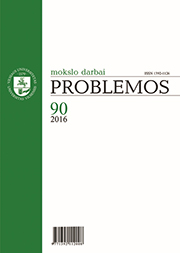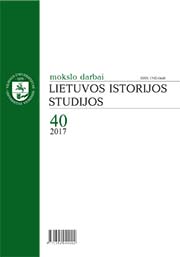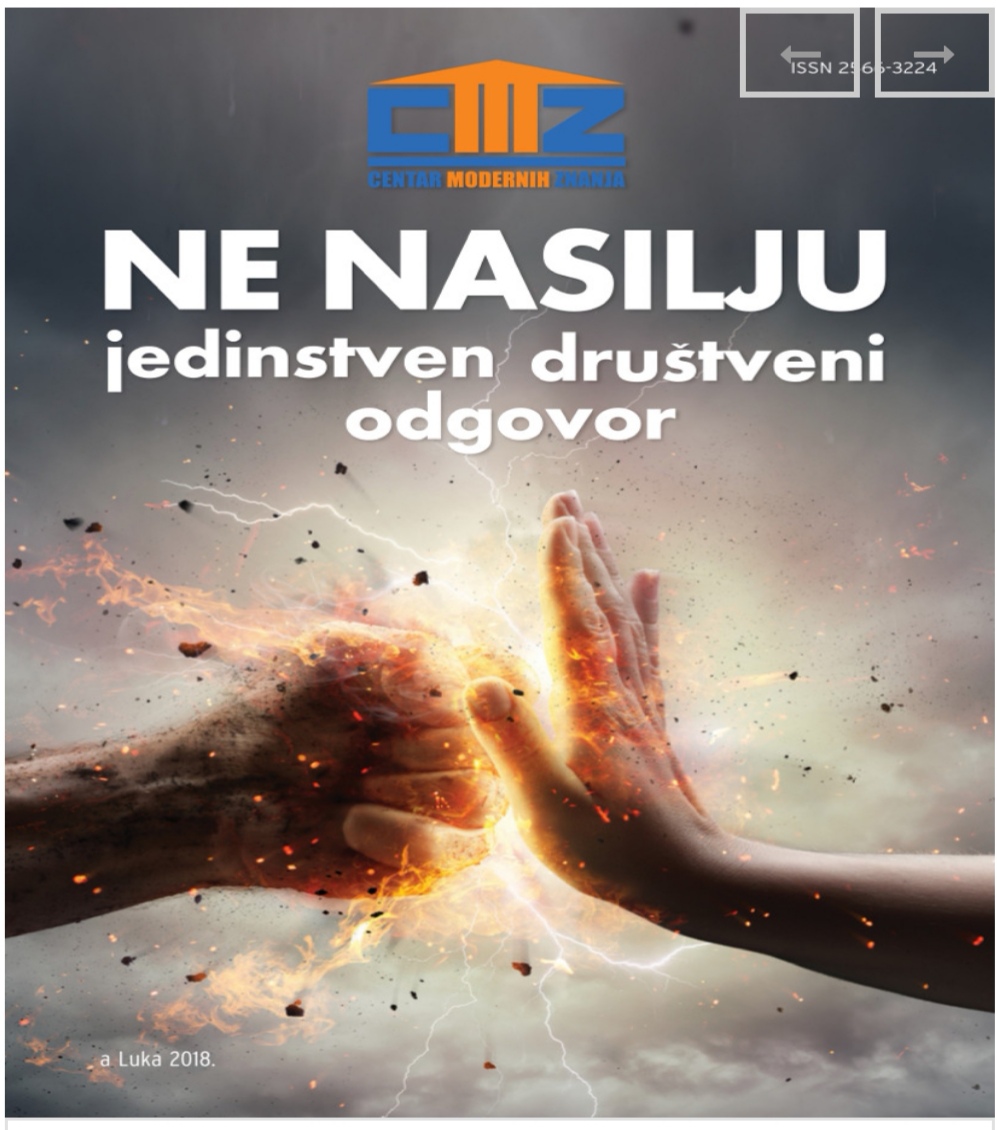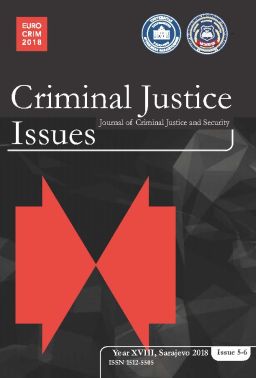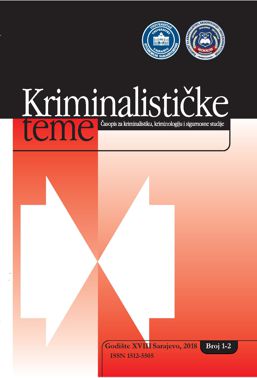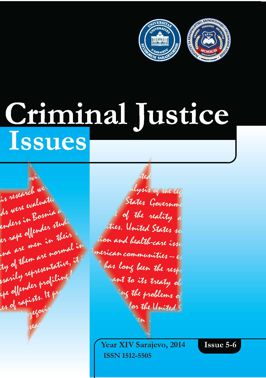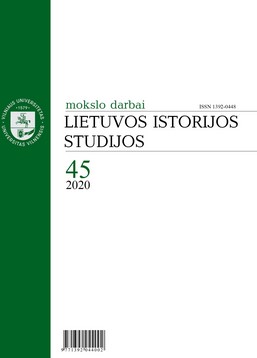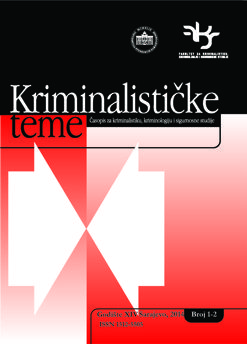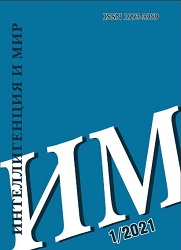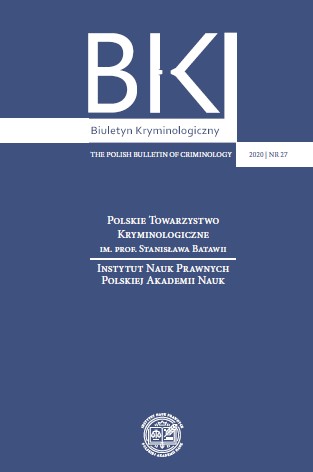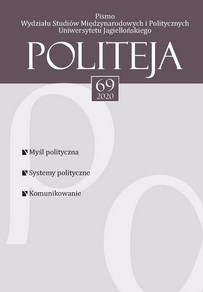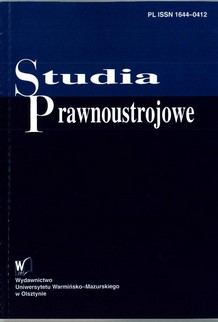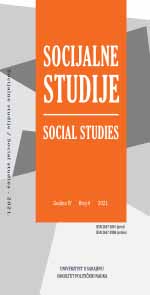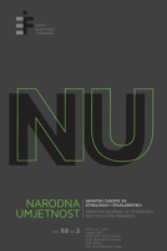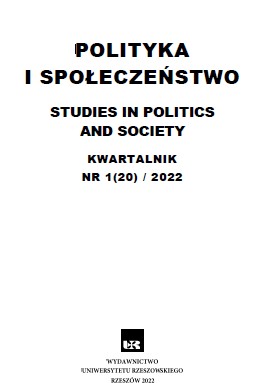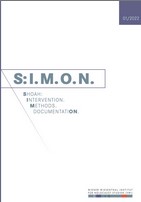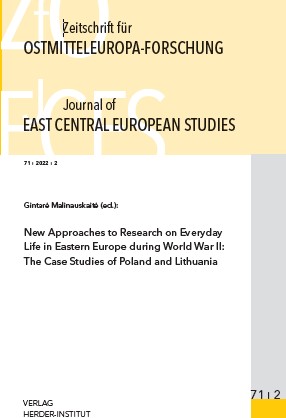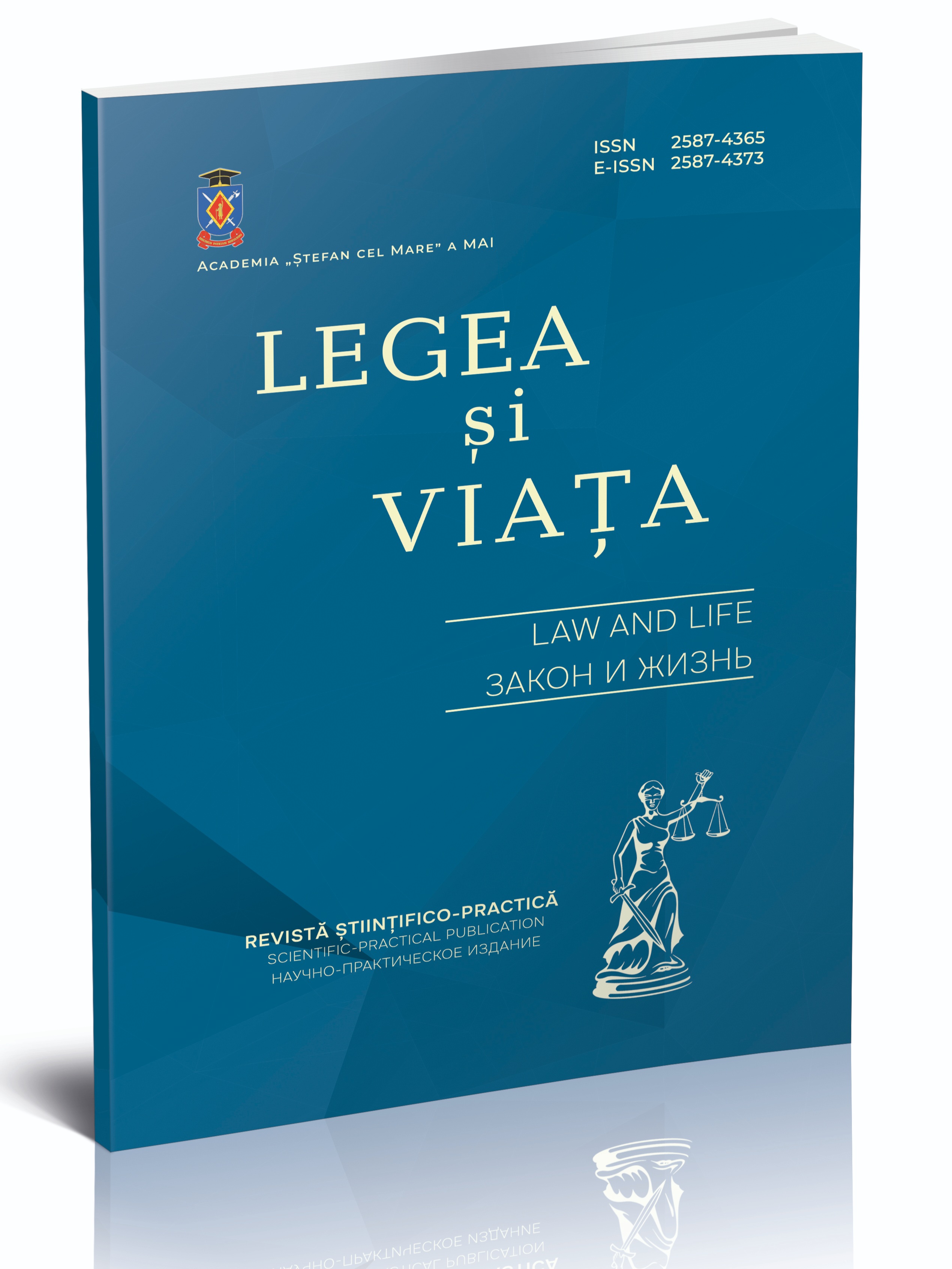Author(s): Katja Hrobat Virloget,Ruža Šutalo,Dajana Vlaisavljević,Vilma Benković,Ivana Filip,Simona Delić,Ana Stojanović,Suzana Marjanić,Marijana Hameršak,Sanja Đurin,Ana Gurić Parać,Davor Nikolić,Lidija Bajuk,Lada Stevanović,Barbara Majnarić,Ljubica Anđelković Džambić / Language(s): Bosnian,English,Croatian,Serbian
Issue: 2/2021
Review of:
Ljubica Anđelković Džambić - Stef Jansen, Razlog za dom, Institut za etnologiju i folkloristiku, Zagreb 2020., 277 str.
Barbara Majnarić - Music and Dance in Southeastern Europe. Migrations, Carnival, Sustainable Development, Liz Mellish, Nick Green i Tvrtko Zebec, ur., Institute of Ethnology and Folklore Research, International Council for Traditional Music, Study Group on Music and Dance in Southeastern Europe, Zagreb 2020., 230 str.
Lada Stevanović - Encountering Fear, Natka Badurina, Una Bauer, Renata Jambrešić Kirin i Jelena Marković, ur. Institut za etnologiju i folkloristiku, Zagreb 2020., 394 str.
Lidija Bajuk - Damir Zorić, Silva rerum. Bilješke o ishodištima pučkih tradicija, Synopsis, Zagreb, Sarajevo 2020., 363 str
Davor Nikolić - Ivan Marković, Uvod u verbalni humor, Disput, Zagreb 2019., 284 str.
Ana Gruić Parać - Aida Brenko, Mareta Kurtin, Vesna Zorić, “Kapa dolje!” Priča o (ne) pokrivanju glave, Etnografski muzej, Zagreb 2019., 344 str.
Sanja Đurin - Simon Beames, Chris Mackie, Matthew Atencio, Adventure and Society, Palgrave Macmillan, London 2019., 205 str.
Marijana Hameršak - The Balkan Route. Historical Transformations from Via Militaris to Autoput, Florian Riedler i Nenad Stefanov, ur. Walter de Gruyter GmbH, Berlin/Boston 2021., 241 str.
Suzana Marjanić - Lidija Delić, Mirjana Detelić i Ljiljana Pešikan-Ljuštanović, Glavit junak i ostala gospoda. Analize narodnih pesama, Zavod za udžbenike, Beograd 2017., 443 str.
Ana Stojanović - Ekofeminizam. Između zelenih i ženskih studija, Goran Đurđević i Suzana Marjanić, ur. Durieux, Zagreb 2020., 486 str.
Simona Delić - Bruno Ćurko i Stipe Surać, Mediteranski armerun. Jadranske letere i litrati. Fotobrevijarij s interaktivnom kartom Jadrana, Udruga za poticanje neformalnog obrazovanja, kritičkog mišljenja i filozofije u praksi “Mala filozofija”, Zadar 2019., 172 str.
Ivana Filip - Tora Holmberg, Urban Animals. Crowding in Zoocities, Routledge, London, New York 2015., 178 str.
Vilma Benković - Maurizio Catino, Mafia Organizations. The Visible Hand of Criminal Enterprise, Cambridge University Press, New York 2019., 346 str.
Dajana Vlaisavljević - Groblja. Književno-kulturna materijalizacija smrti, Dragan Bošković, ur. Filološko-umetnički fakultet Kragujevac, Kragujevac 2019., 555 str.
Ruža Šutalo - Drugi bosanskohercegovački slavistički kongres. Zbornik radova, knj. 2, Senahid Halilović, ur., Slavistički komitet, Filozofski fakultet u Sarajevu, Sarajevo 2019., 562 str.
Katja Hrobat Virloget - Jadran Kale, Raprostiranje kulture. Kako ljudi stvaraju prostor, Naklada Slap, Sveučilište u Zadru, Jastrebarsko, Zadar 2021, 248 pp
More...
